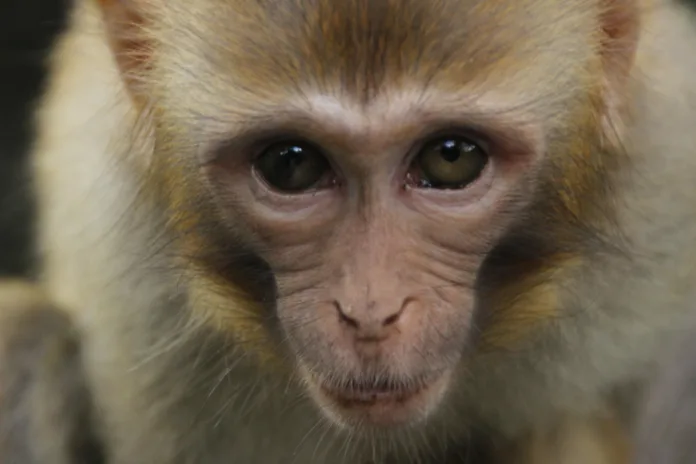Adorable rhesus monkey achieves adulthood, marking a milestone in cloning
In a groundbreaking achievement, ReTro the cloned rhesus monkey has surpassed the two-year mark, making history as the first cloned monkey to reach adulthood. The remarkable feat is a testament to the progress in somatic cell nuclear transfer (SCNT) technology.
ReTro, the adorable rhesus monkey, has achieved a significant milestone by entering adulthood, a feat unmatched by other cloned monkeys, many of whom unfortunately had shorter lifespans. The success of ReTro is attributed to the intricate process of somatic cell nuclear transfer (SCNT), a technique that involves transferring genetic information from one cell into an egg devoid of its genetic material.
SCNT, the same technique that brought us Dolly the sheep in 1996, has been employed to create ReTro. Unlike previous attempts that resulted in the tragic death of the cloned primate within 12 hours of birth, the Chinese Academy of Sciences’ team used 113 embryos, leading to 11 implantations, two pregnancies, and one live birth—ReTro.
Embed from Getty ImagesMu-ming Poo, director of the Institute of Neuroscience in the Chinese Academy of Sciences, expressed optimism about using monkeys like ReTro for drug efficacy tests. The survival of cloned primates is deemed crucial for advancing basic and clinical research, enabling scientists to model conditions such as anxiety and depression for testing antidepressant efficiency and safety.
While the scientific community celebrates this breakthrough, the RSPCA, a British welfare charity, has raised ethical concerns. The organization emphasized the lack of immediate applications and the uncertainty about potential benefits for human patients. The charity expressed deep concerns about the high levels of suffering and distress experienced by animals in cloning experiments and questioned the necessity of using primates as research tools.
Cloning primates is ethically prohibited in Europe, reflecting concerns about animal welfare. The RSPCA stressed the need for strict adherence to ethical guidelines, emphasizing the welfare of intelligent and sentient animals involved in scientific experiments.
As ReTro continues to make headlines globally, the ethical debate surrounding the cloning of primates and its implications for research and medical advancements remains a topic of great importance and discussion in the scientific community.
